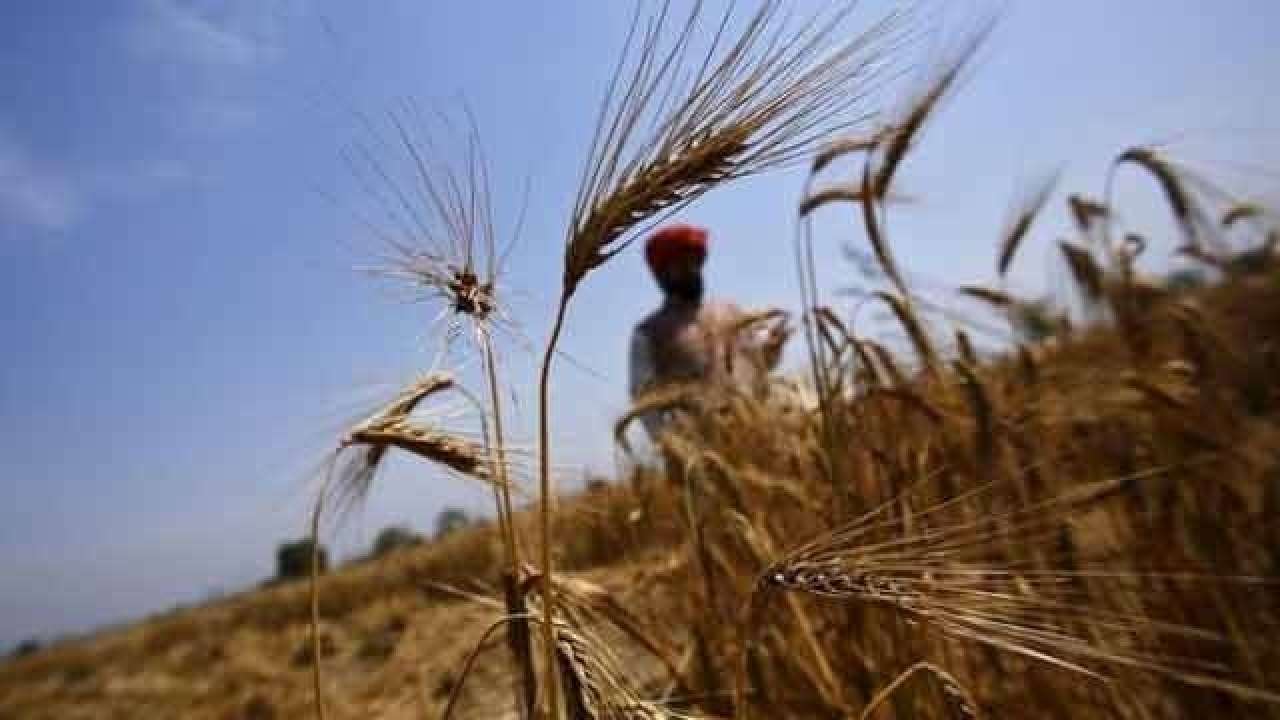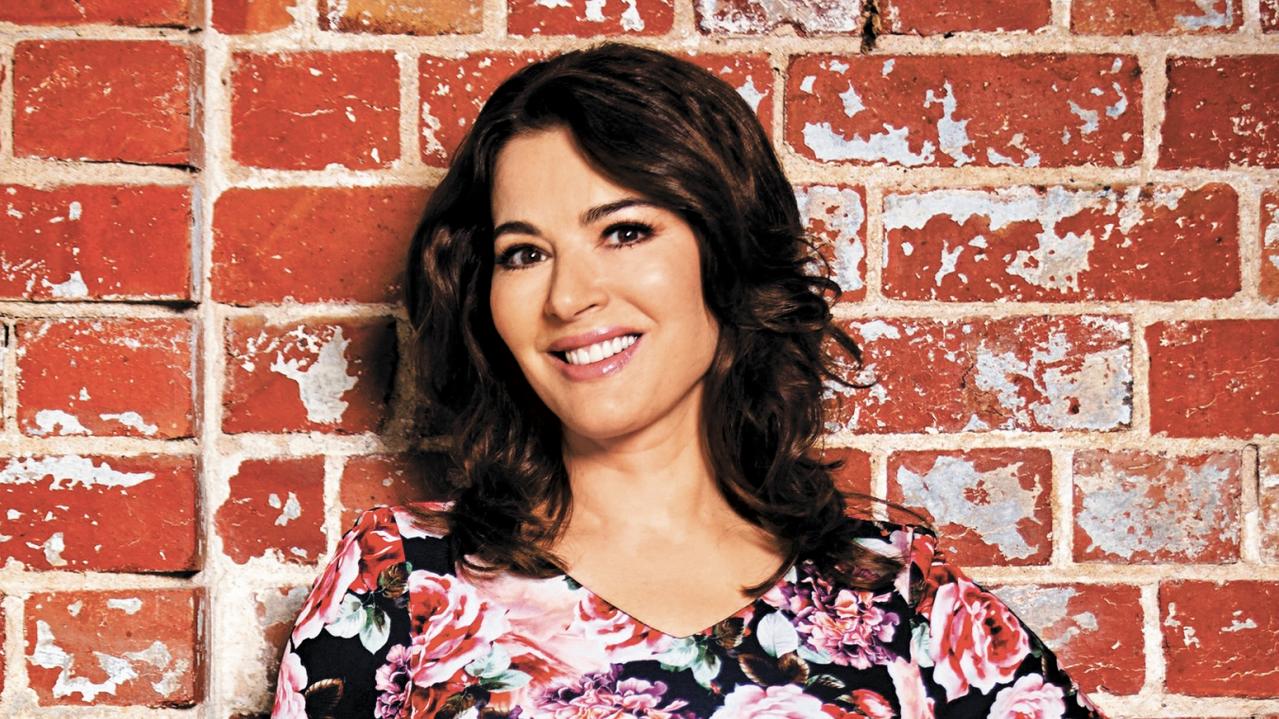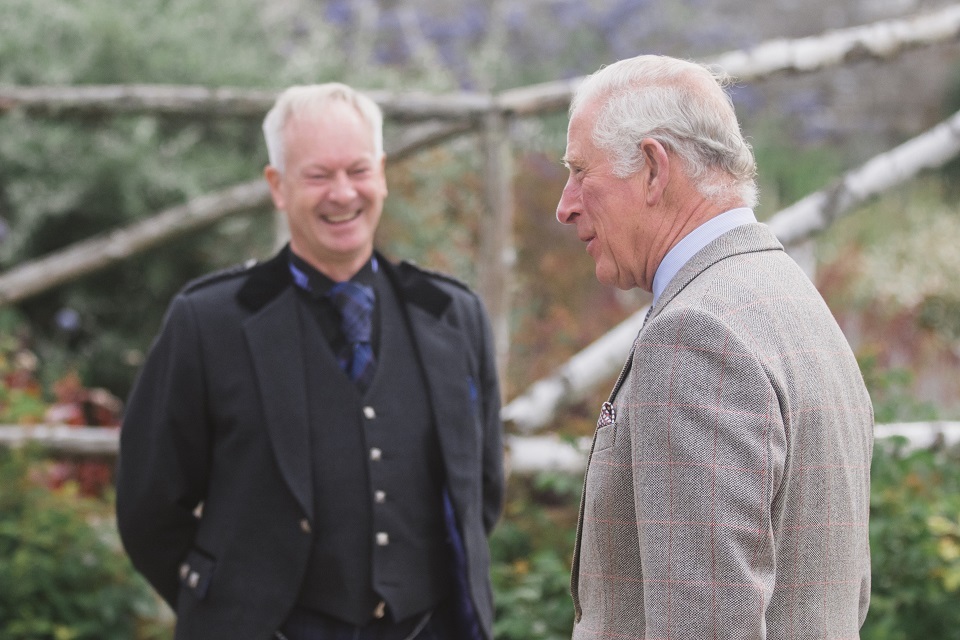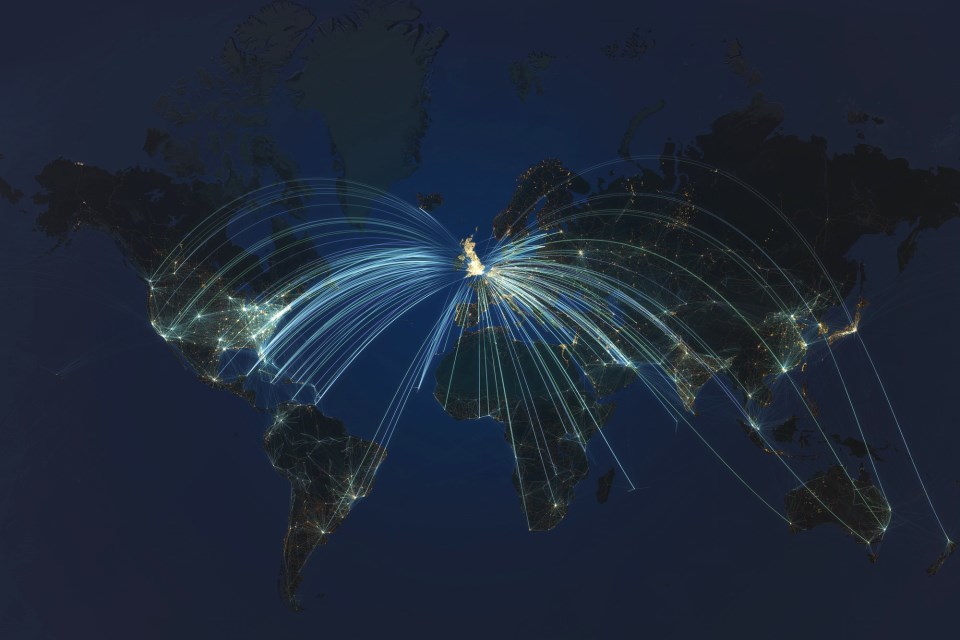
- Select a language for the TTS:
- UK English Female
- UK English Male
- US English Female
- US English Male
- Australian Female
- Australian Male
- Language selected: (auto detect) - EN
Play all audios:
The BBC has come in for criticism — justified and less so — from both right and left. The left’s critique is largely focussed on its news coverage. In these partisan times, coverage of
criticism of Jeremy Corbyn was seen as BBC reporters actually delivering that criticism themselves. It’s not a view I share, as I think the public has a right not just to know, but to have
these things set out by people who have spent years analysing these trends and who can dispassionately put them into a wider context. However, this isn’t always helped by a natural but
unhelpful desire for journalists to be first. BBC broadcasting is usually good at kerbing this instinct. Journalists themselves less so. Which is why I am a much bigger fan of, for example,
Laura Kuenssberg, on the news and podcasts than I am of her Twitter feed. The right’s critique is broader. They too believe they get biased and unfair news coverage, believing the BBC to be
too metropolitan and elite in its attitudes and assumptions. Again I don’t think this is especially balanced — particularly given how the BBC has bent over backwards since the Brexit
referendum to avoid this — possibly to the detriment of their coverage (but then I’m a metropolitan leftie so I would say that). But they also believe that the very existence of the BBC and
all it provides is anti-competitive. That the corporation shouldn’t continue in its current form, should not be paid for through the licence fee and should not offer the vast range of
services it does, from one of the world’s most visited websites to local radio programming. Both critiques boil down to a sense that the complainers don’t want to pay their licence fee. And
while people with these views were largely in a minority, they were such a noisy one that just before the crisis hit, the Government felt it could announce an inquiry into the BBC’s funding
model. That review is on hold, but when lockdown is lifted and these issues resurface, the corporation’s funding and reach might well be reduced — achieving long held goals of the right to
clip the BBC’s wings. This has all been set in the context of declining trust in the media, to which ministers have repeatedly referred in recent weeks. But a recent YouGov poll has shown
that there’s been no such decline. When the pandemic hit, the BBC stepped up almost instantly. NHS workers have been the heroes of the hour. Nothing will ever repay them for their
dedication. But quietly, in the background, the BBC has moved into so many other areas of public life. It doesn’t just provide us the daily coverage of news about Coronavirus. The BBC is
also now our teacher, our vicar, our fitness instructor, our DIY guru, our recipe book. The BBC has learned to do things very differently, very quickly, all while taking the metaphorical
temperature of the nation and providing the remedies we need. The tone is by turns informative, reassuring and supportive. The news coverage outside of the daily briefings continues to ask
difficult questions of the government. The entertainment — especially live light entertainment of the kind the BBC has always excelled at — has taken on the air of a wartime entertainment
show. They know the point is to keep our spirits up and they are throwing everything at that from airing the whole of the marvellous Normal People for us to stream to the hastily assembled
Big Night In which raised £27 million for charities supporting those hit by the pandemic and its effects on society. Recently it was announced that far from being a competitive threat to
local radio, they are finding ways to support them. When this crisis is over — and it will be one day — no one can envisage a UK that doesn’t honour the NHS and the part it has paid in
stepping up to this crisis. As we remain isolated and alone, in need of information, education and entertainment — in equal measure — let’s make sure we don’t forget that when it mattered,
the BBC was the best of British.








